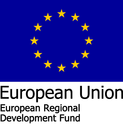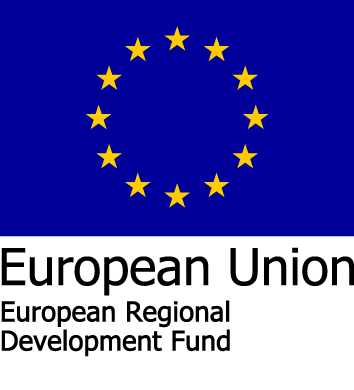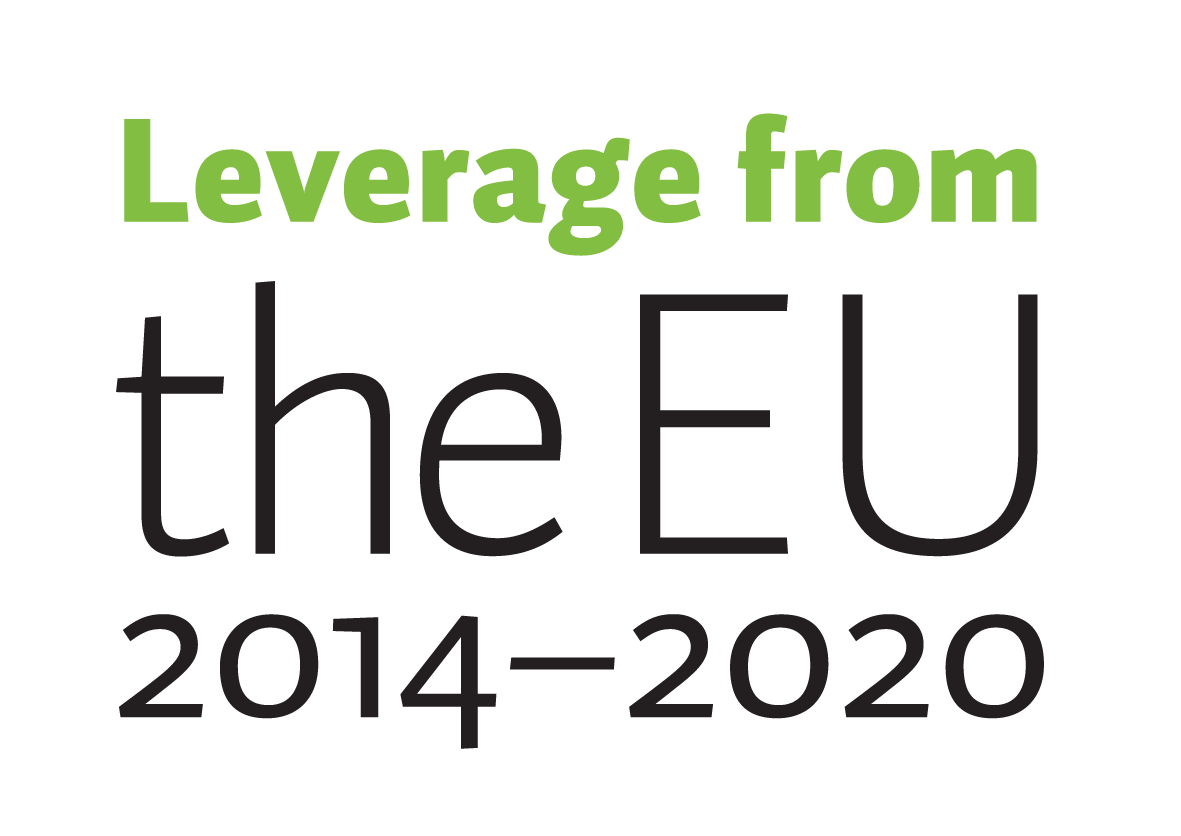Soiled Plastic Waste - Collecting and Recycling (LiMuKe)
The total consumption of plastic has been increasing in Western Europe, and correspondingly, plastic materials are increasingly used in agriculture. Finnish agriculture producers currently create about 12 000 tons of mixed plastic waste per year.
So far, a relatively small amount of plastic waste has been reclaimed from farms and horse stables for recycling and energy recovery. Agricultural plastic waste is difficult to both reclaim and recycle, because it is soiled and because farms and horse stables are small and at a distance from each other. Thus, at present, plastic waste from farms is most often transported to landfills, and only a minor part is recycled as material.
Agricultural producers and horse owners have been requesting better waste collection services. Economically more viable collection systems are desired.
The idea of the present project is to develop and design economical and effective collection and recycling systems which would benefit both producers and users of plastic waste.
The first aim of the project is to find tailored and reproducible models of waste collection, with the help of which the collection and recycling in the entire plastic waste chain can be enhanced.
The pilot projects will be conducted in the rural regions of Tavastia Proper and Southwest Finland. In addition, a guide for the sorting of soiled plastic waste is to be compiled in order to provide the plastic waste chain with better possibilities of manufacturing recoverable products.
The second aim of the project is to determine how to use recoverable material and mix different types of plastic fractions to process re-products. Furthermore, the physical and chemical properties of the material and products will be tested, e.g., by mechanical force. The test results will then be compared with products manufactured from virgin plastic material.
As the final outcome, the amount of plastic waste generated by farms in rural areas will be determined along with the location of waste concentration areas.
A further aim is to establish any possibilities to generate and develop new recycling business and novel products from reclaimed plastic.
Thus, a sorting system for the plastic waste and opportunities for new recycling business and new employment will be generated.



